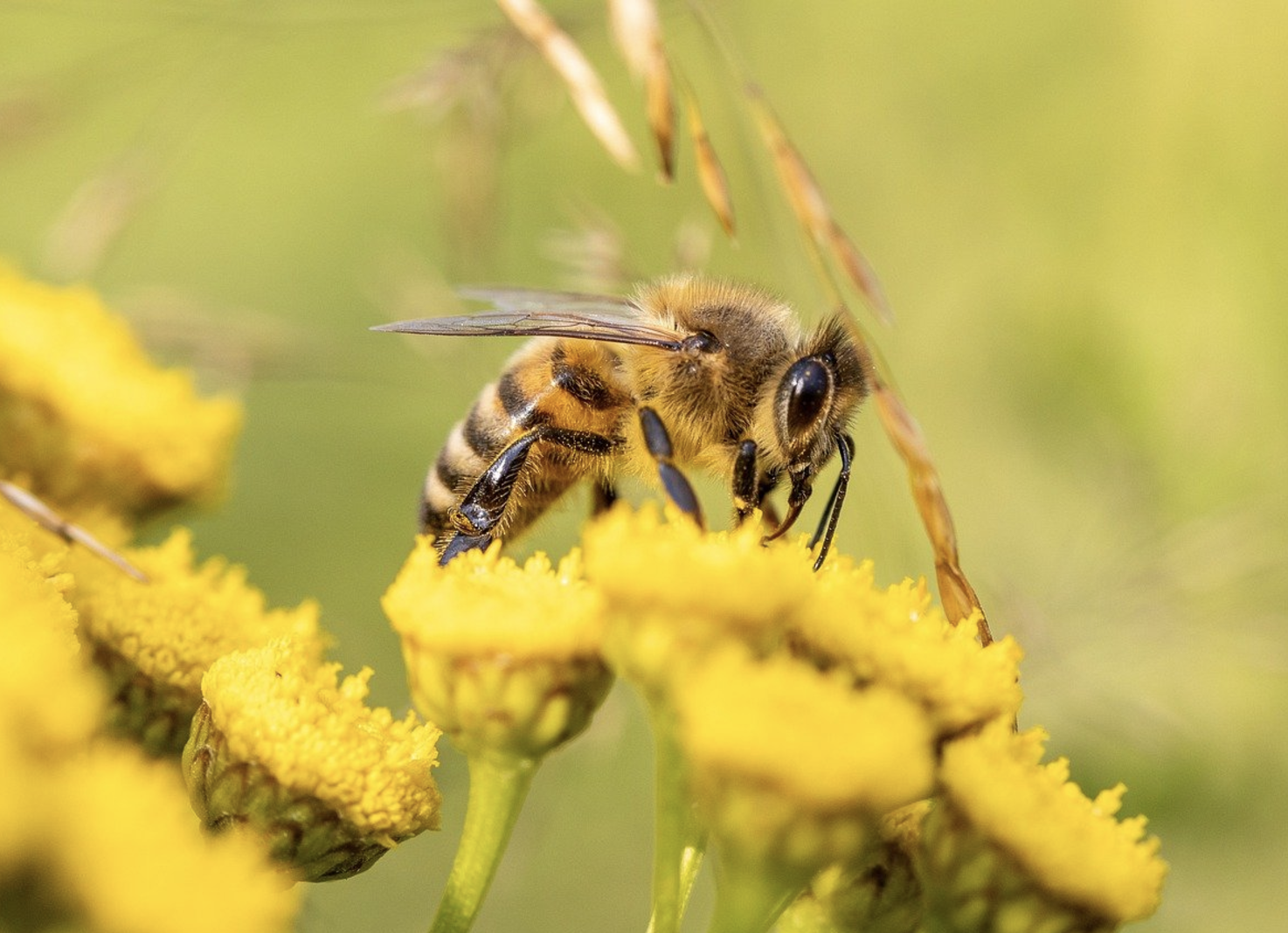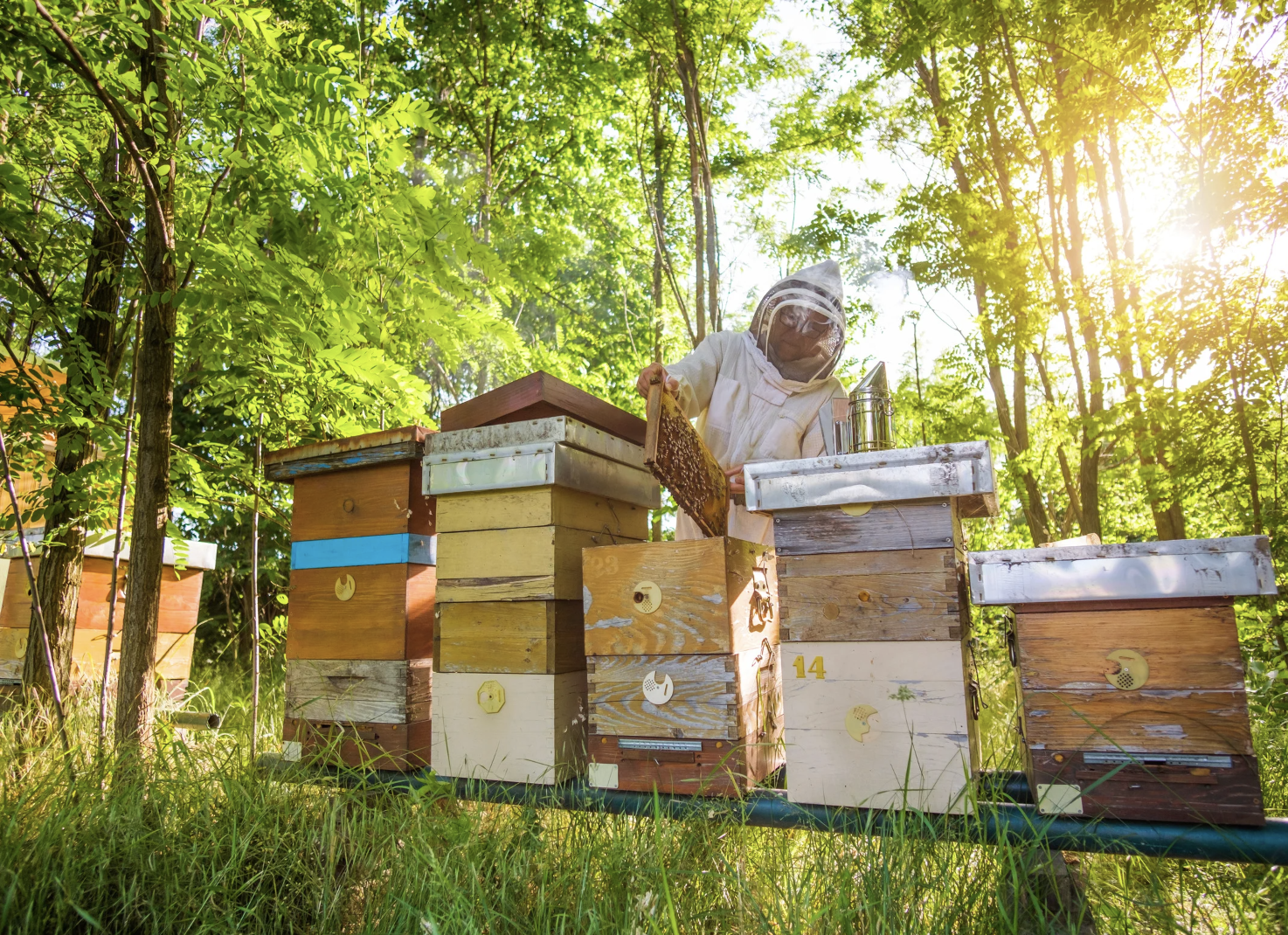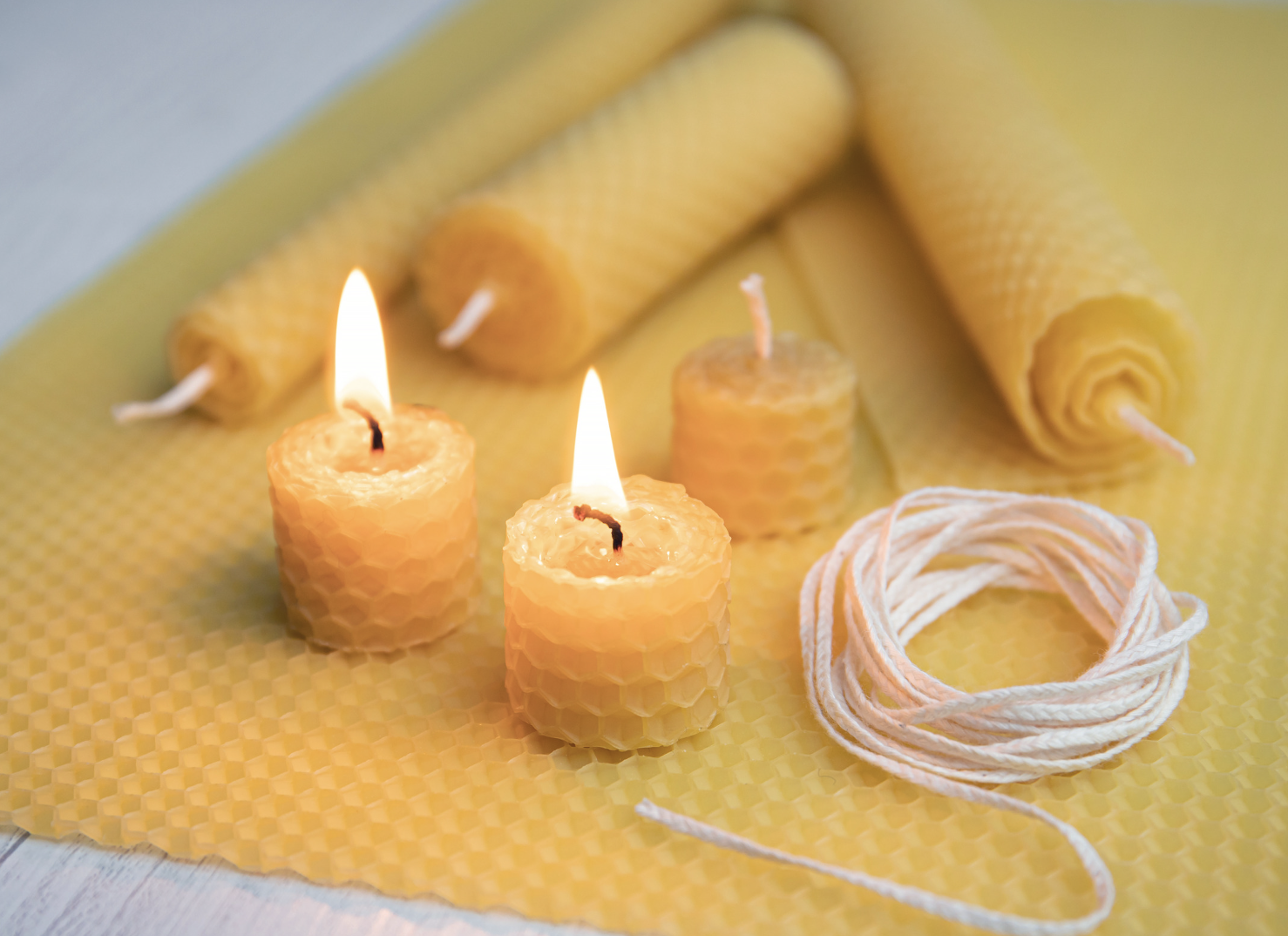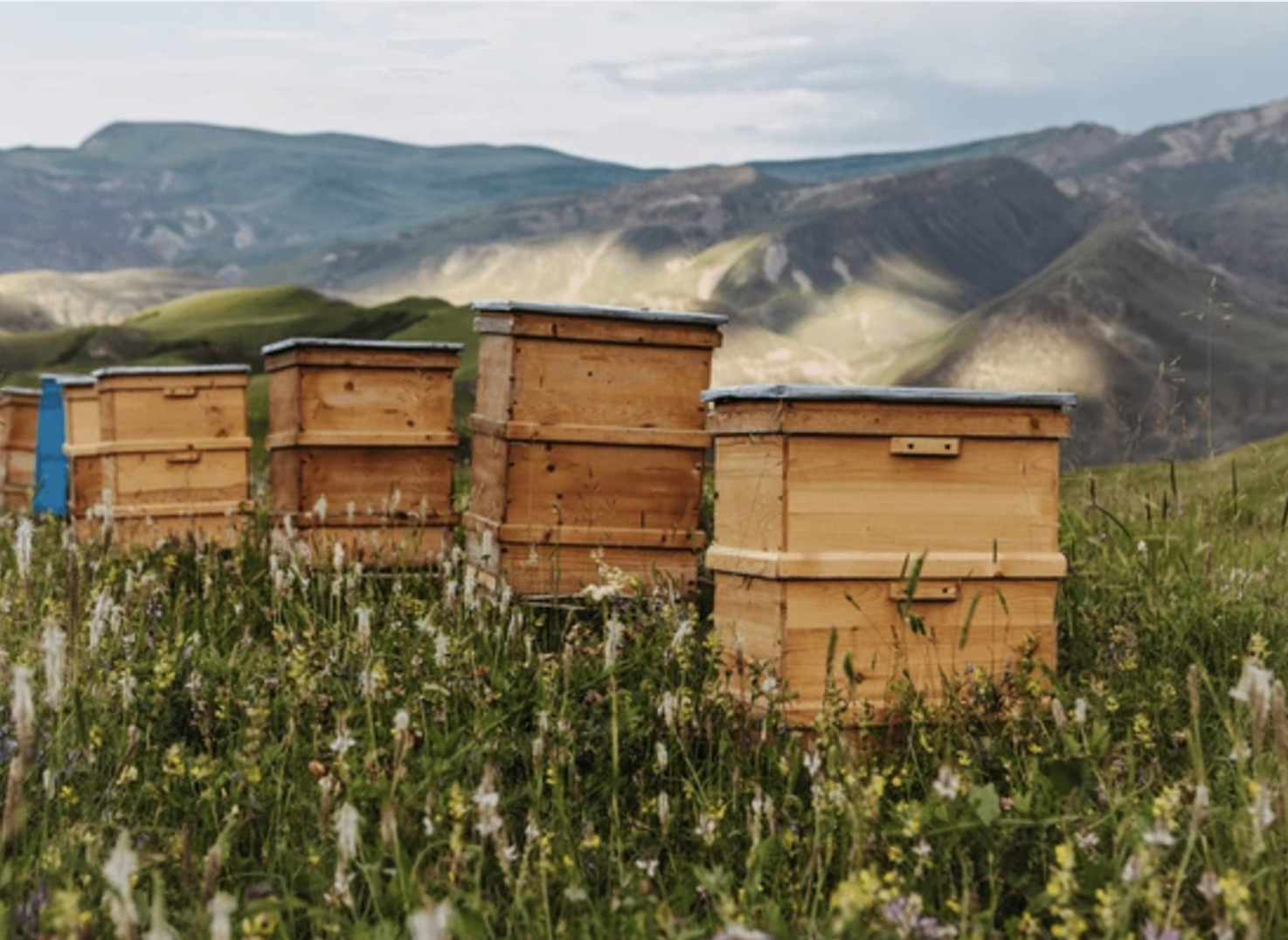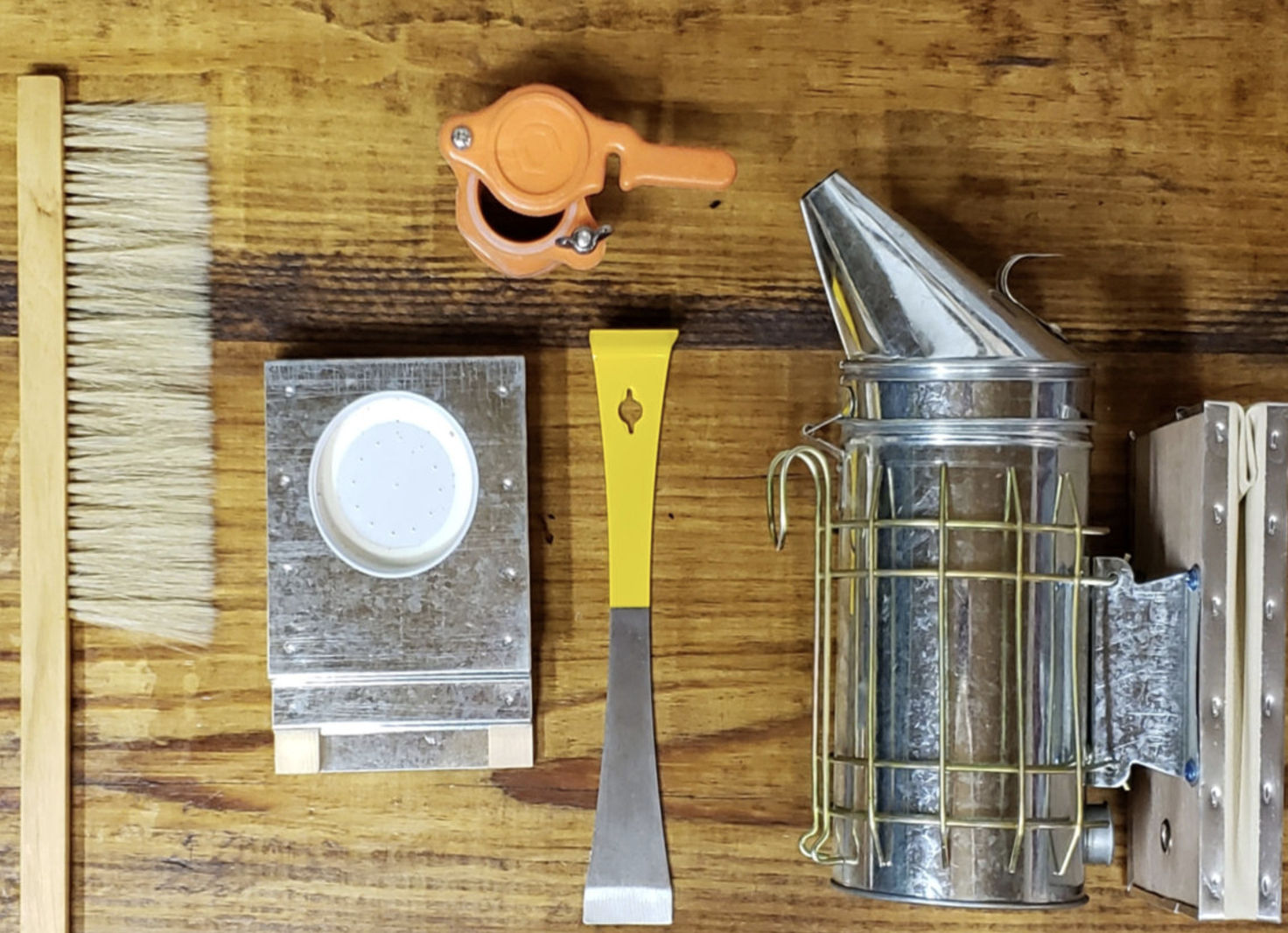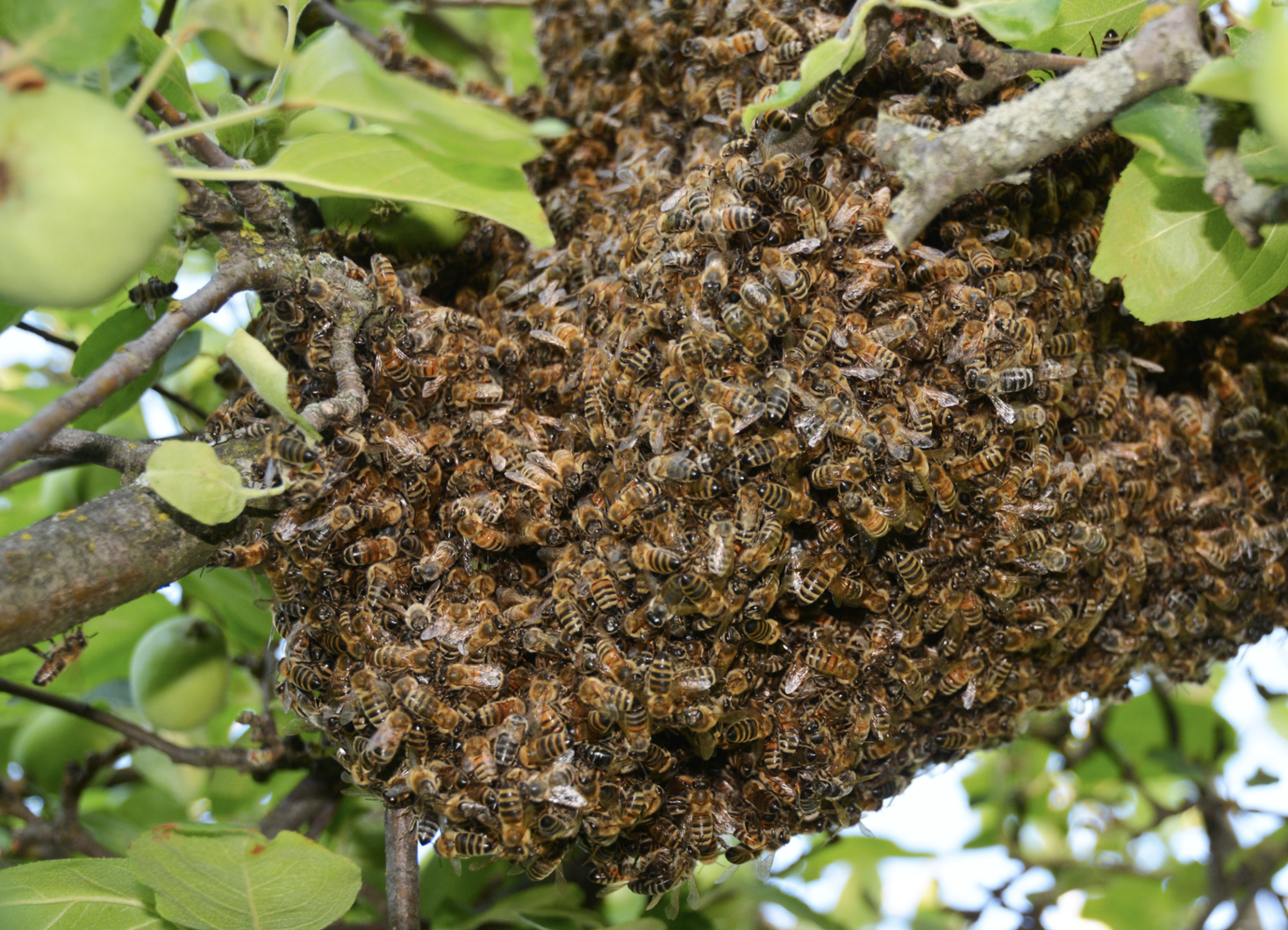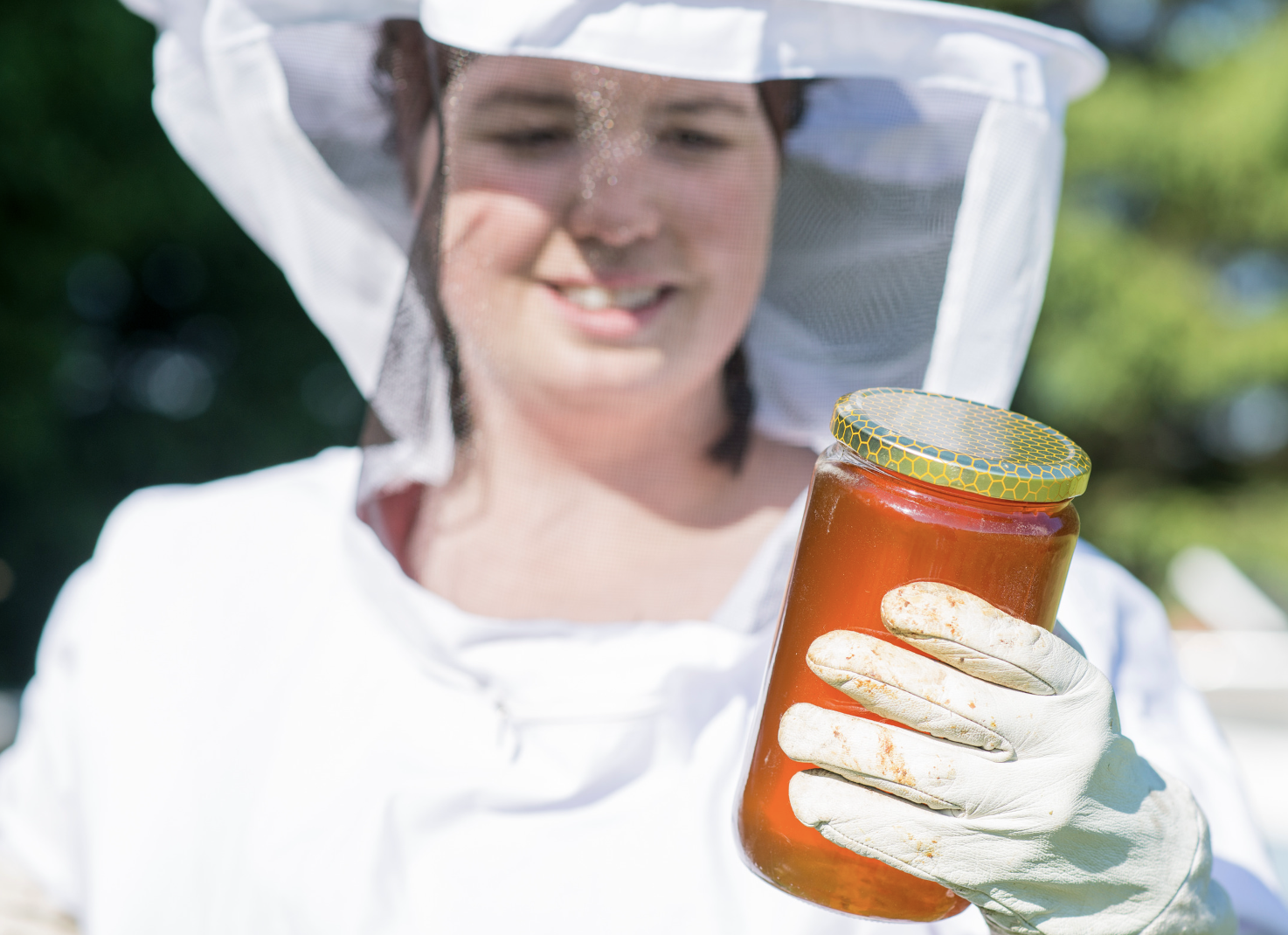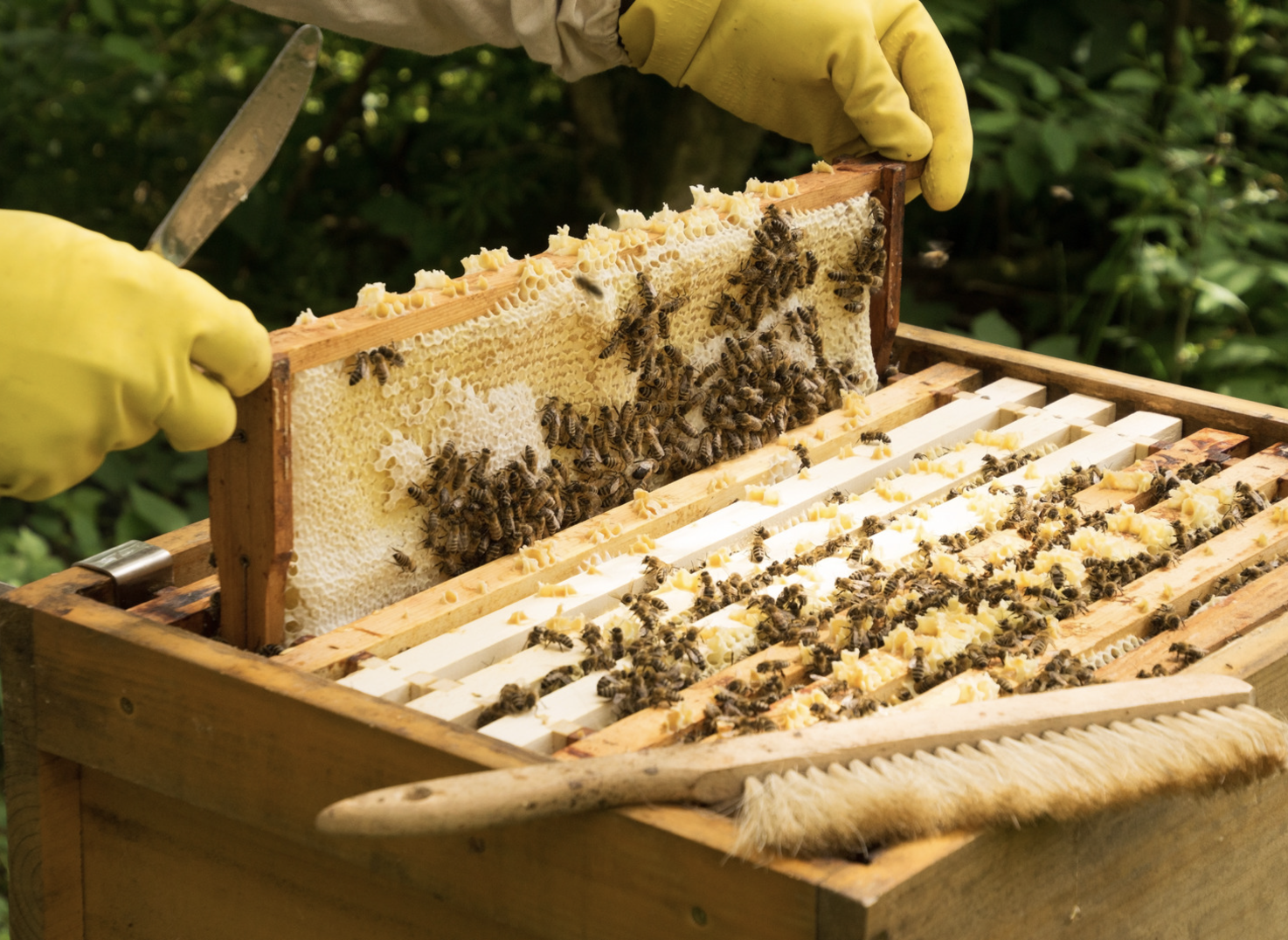
In recent years, sustainability has become a core focus for individuals seeking to minimize their environmental impact. Among the many hobbies that support a greener future, beekeeping stands out as a particularly rewarding and impactful activity. Beyond producing delicious honey, beekeeping plays a vital role in supporting ecosystems, fostering biodiversity, and addressing environmental challenges like pollinator decline.
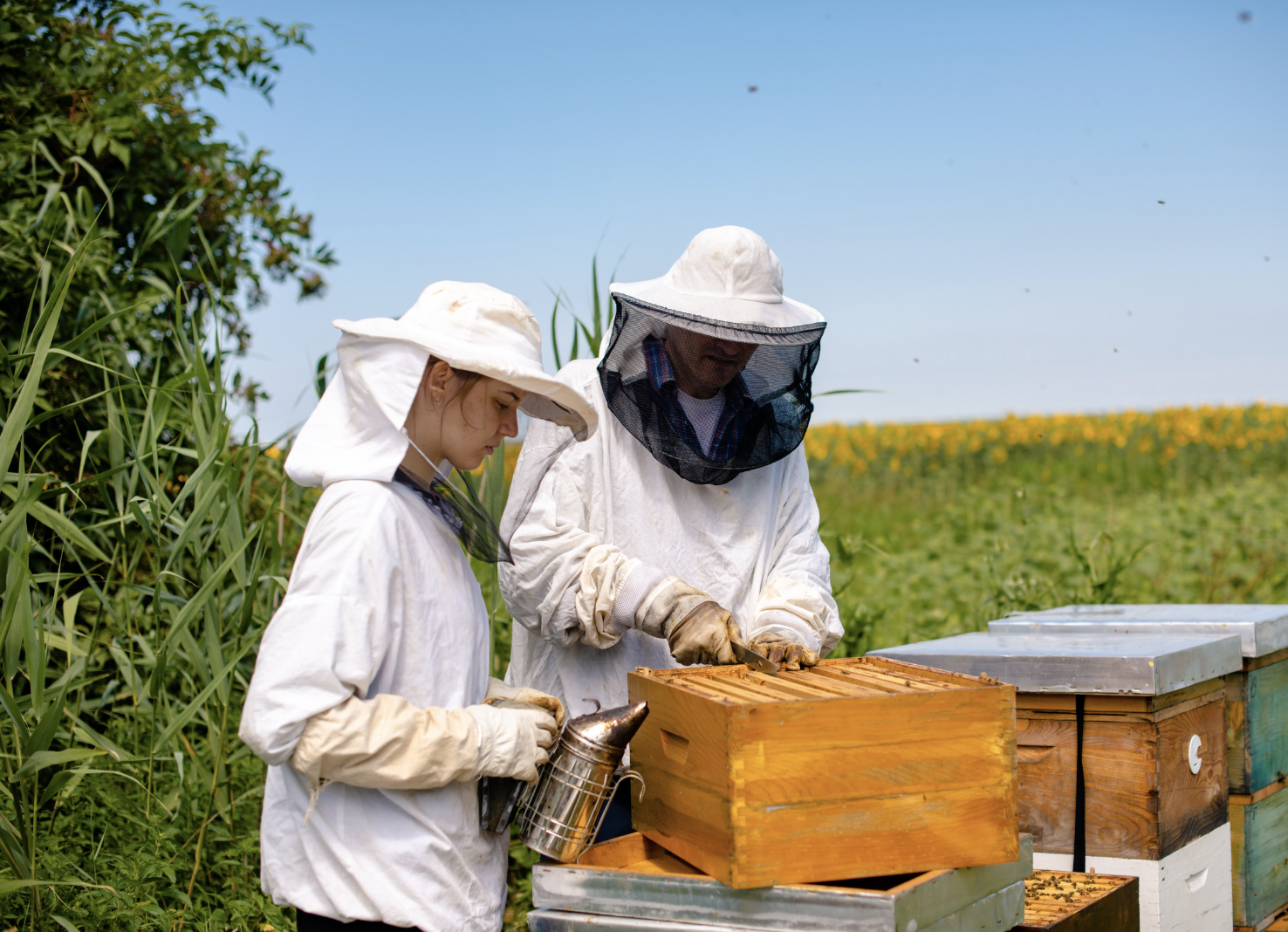 The Buzz About Beekeeping
The Buzz About Beekeeping
Beekeeping, also known as apiculture, involves the maintenance of bee colonies in hives. While many associate beekeeping with commercial honey production, hobbyist beekeeping has seen a surge in popularity due to its environmental and personal benefits. Whether you live in a rural area or a city, beekeeping offers a unique way to connect with nature while making a tangible difference.
The Environmental Importance of Bees
Bees are essential pollinators, responsible for fertilizing plants that produce fruits, vegetables, nuts, and seeds. According to the Food and Agriculture Organization (FAO), about 75% of the world’s food crops depend on pollinators like bees. Without bees, ecosystems and food systems would face severe disruptions.
However, bee populations are declining due to factors such as pesticide use, habitat loss, climate change, and disease. By keeping bees, hobbyists contribute to the conservation of these vital pollinators, providing them with safe environments to thrive.
Beekeeping and Sustainability
Beekeeping aligns closely with sustainable practices, as it supports environmental health in multiple ways:
Biodiversity Enhancement: Bees pollinate a wide range of plants, including wildflowers and crops, helping to maintain diverse ecosystems. Beekeeping encourages planting native, pollinator-friendly plants, which benefits other species in the area.
Reduction of Chemical Dependency: Hobbyist beekeepers often avoid synthetic chemicals and pesticides that harm pollinators, promoting organic farming and gardening practices.
Local Food Production: Beekeeping reduces reliance on commercial honey, which often has a larger carbon footprint due to processing and transportation.
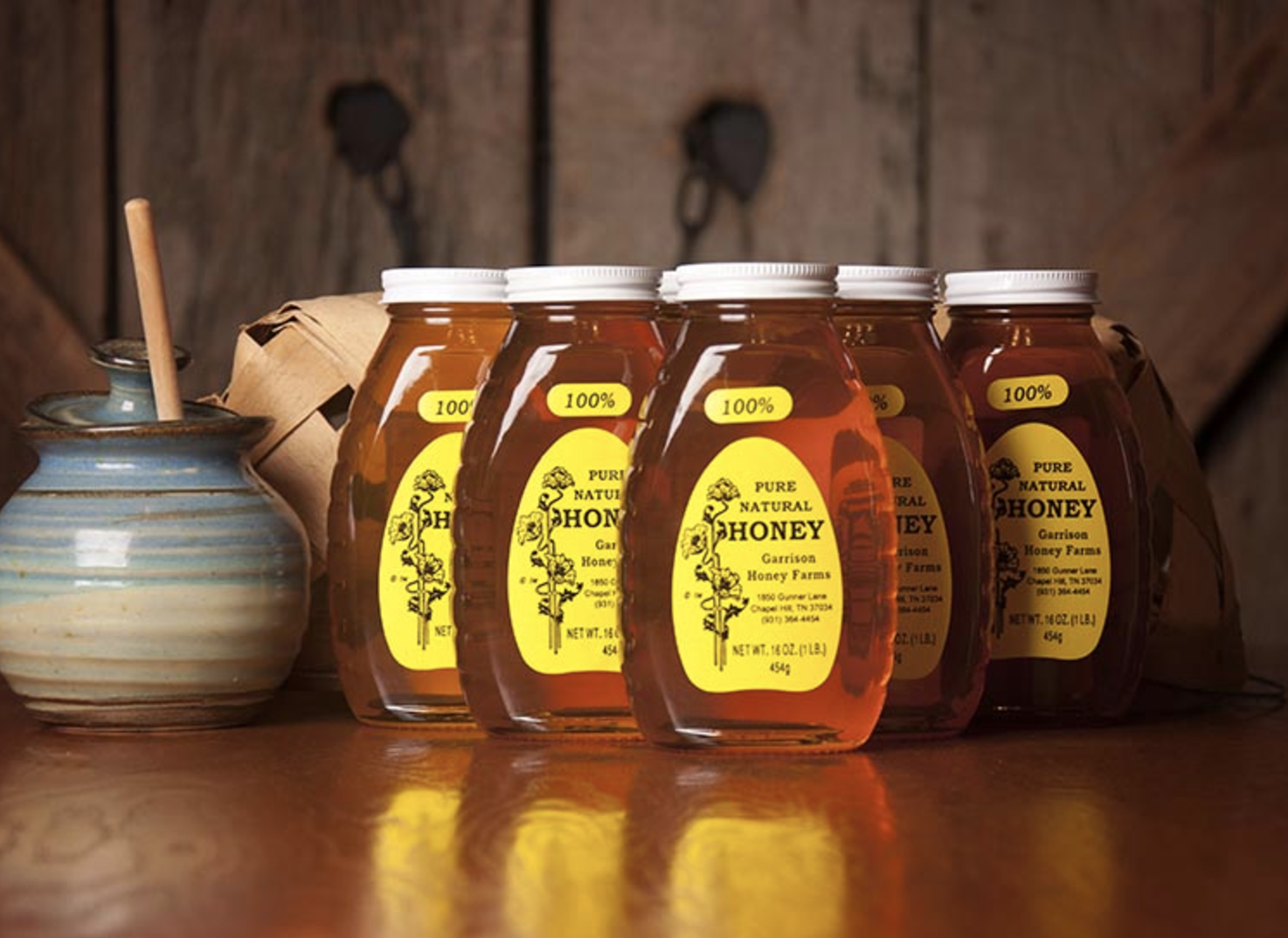
Education and Advocacy: Beekeepers become ambassadors for environmental awareness, educating others about the importance of pollinators and sustainable practices.
The Joys of Beekeeping as a Hobby
1. A Connection to Nature
Beekeeping offers an intimate connection with the natural world. Observing bees in action—communicating, foraging, and producing honey—provides a deeper appreciation for these tiny creatures and the ecosystems they support.
2. A Therapeutic Escape
Caring for bees can be a meditative and stress-relieving activity. Many beekeepers describe the gentle hum of the hive and the focus required to work with bees as profoundly calming.
3. A Rewarding Harvest
While environmental benefits are the primary motivator for many hobbyists, producing your own honey, beeswax, and propolis is an added bonus. These natural products can be used for cooking, skincare, or crafting, reducing the need for store-bought alternatives.
Getting Started with Beekeeping
If you’re intrigued by the idea of becoming a beekeeper, here are the steps to get started:
1. Educate Yourself
- Take a local beekeeping course or attend workshops to learn about bee biology, hive management, and seasonal care.
- Read books and watch videos from reputable sources to deepen your understanding.
2. Check Local Regulations
- Research local laws and ordinances regarding beekeeping, especially if you live in an urban area. Some cities require permits or have restrictions on hive placement.
3. Select a Suitable Location
- Choose a site with access to sunlight, protection from strong winds, and nearby flowering plants.
- Ensure your neighbors are comfortable with your plans, especially if they have allergies or concerns.
4. Invest in Equipment
- Essential tools include hives, a smoker, protective gear (such as a suit and gloves), and hive tools for maintenance.
- Beginners can start with a single hive and expand as they gain experience
5. Source Your Bees
- Purchase bees from reputable suppliers or connect with local beekeepers who sell starter colonies.
- Popular bee species for beginners include Italian and Carniolan bees due to their docile nature.
6. Start Small and Stay Committed
- Beekeeping requires time, patience, and consistency. Regular hive inspections, especially during spring and summer, are crucial to monitor colony health.
Overcoming Challenges in Beekeeping
While beekeeping is immensely rewarding, it comes with its share of challenges.
- Pests and Diseases
- Common issues include Varroa mites, hive beetles, and fungal infections. Staying vigilant and using integrated pest management strategies can help.
- Weather and Climate
- Extreme weather can stress bee colonies. Providing adequate ventilation in summer and insulation in winter is essential.
- Swarms
- Swarming, when a queen and part of the colony leave to start a new hive, is natural but can be managed by providing sufficient space and regularly inspecting hives.
Beekeeping in Urban Areas
Urban beekeeping is a growing trend, with cities like Paris, New York, and London embracing rooftop and community hives. Urban environments often provide diverse forage for bees, including gardens, parks, and balcony plants. As long as regulations are followed, city dwellers can successfully maintain hives and contribute to urban biodiversity.
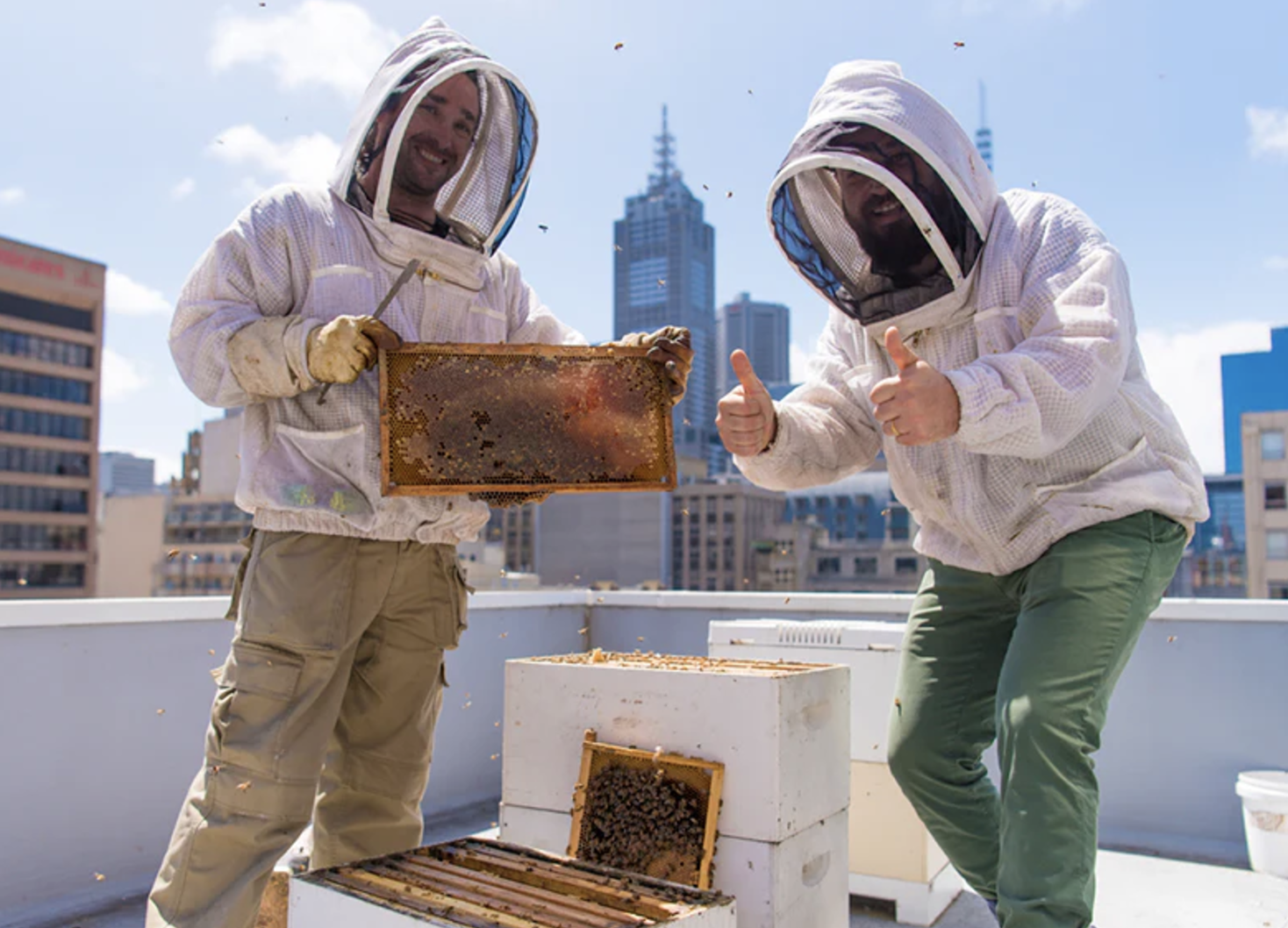 The Broader Impact of Hobbyist Beekeepers
The Broader Impact of Hobbyist Beekeepers
While individual hobbyists may manage only a few hives, their collective efforts have a significant impact.
- Increased Pollinator Awareness
- Hobbyist beekeepers educate their communities, fostering greater understanding of pollinator challenges and solutions.
- Support for Local Ecosystems
- By maintaining healthy colonies, beekeepers enhance pollination services in their area, benefiting both wild and agricultural plants.
- Advocacy for Sustainable Practices
- Beekeepers often advocate for reduced pesticide use, habitat preservation, and climate action, amplifying the call for environmental sustainability.
A Sustainable Hobby with Sweet Rewards
Beekeeping is more than a hobby—it’s a commitment to nurturing the environment and fostering sustainability. As a beekeeper, you become a steward of pollinators, playing a vital role in the health of ecosystems and food systems.
Whether you’re harvesting honey, witnessing the inner workings of a hive, or educating others about pollinators, beekeeping offers unparalleled opportunities to make a difference. In a world facing pressing environmental challenges, hobbies like beekeeping remind us of the power of individual action and the sweetness of living in harmony with nature.
Ready to Join the Hive?
If you’re considering beekeeping, take the plunge! Not only will you enjoy the personal satisfaction of supporting pollinators, but you’ll also contribute to a larger movement for sustainability. Let’s work together to ensure a brighter, buzzier future for bees—and the planet.
